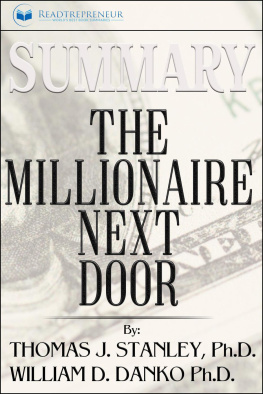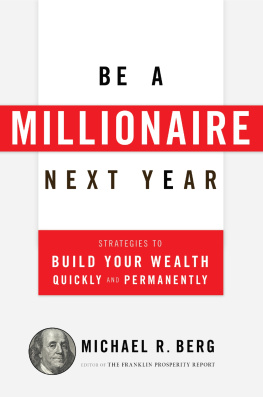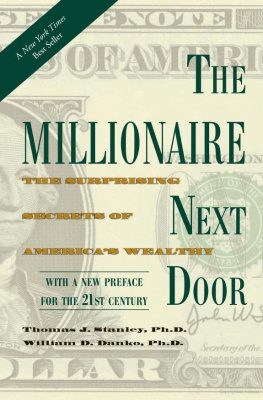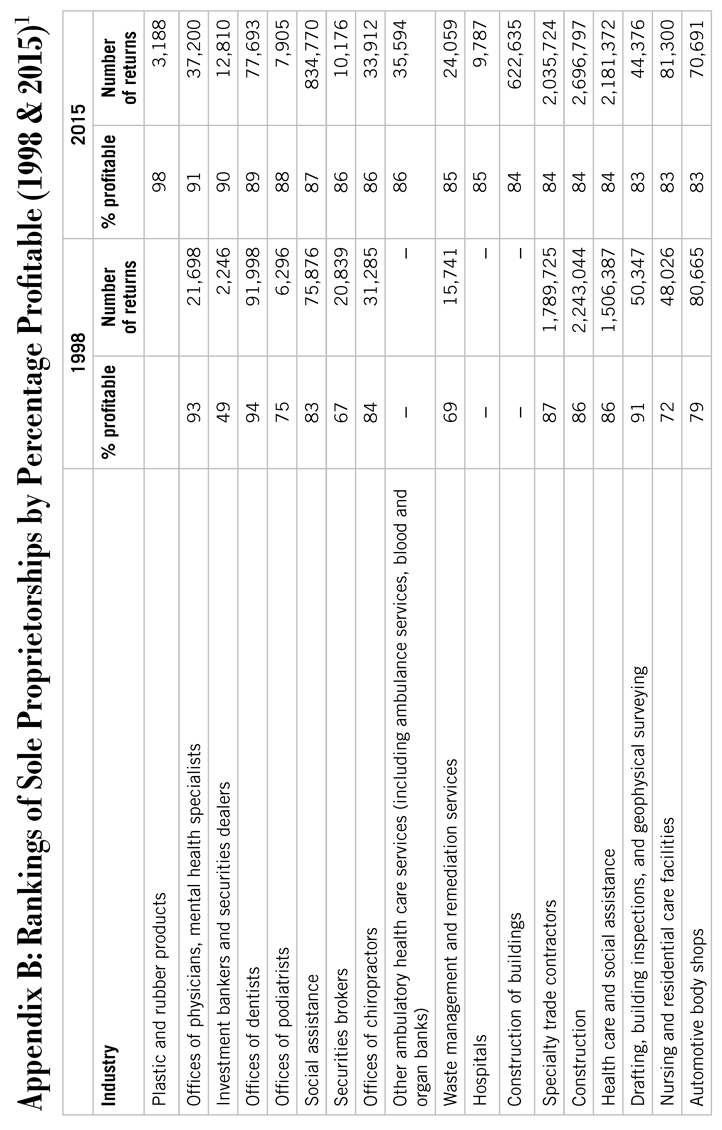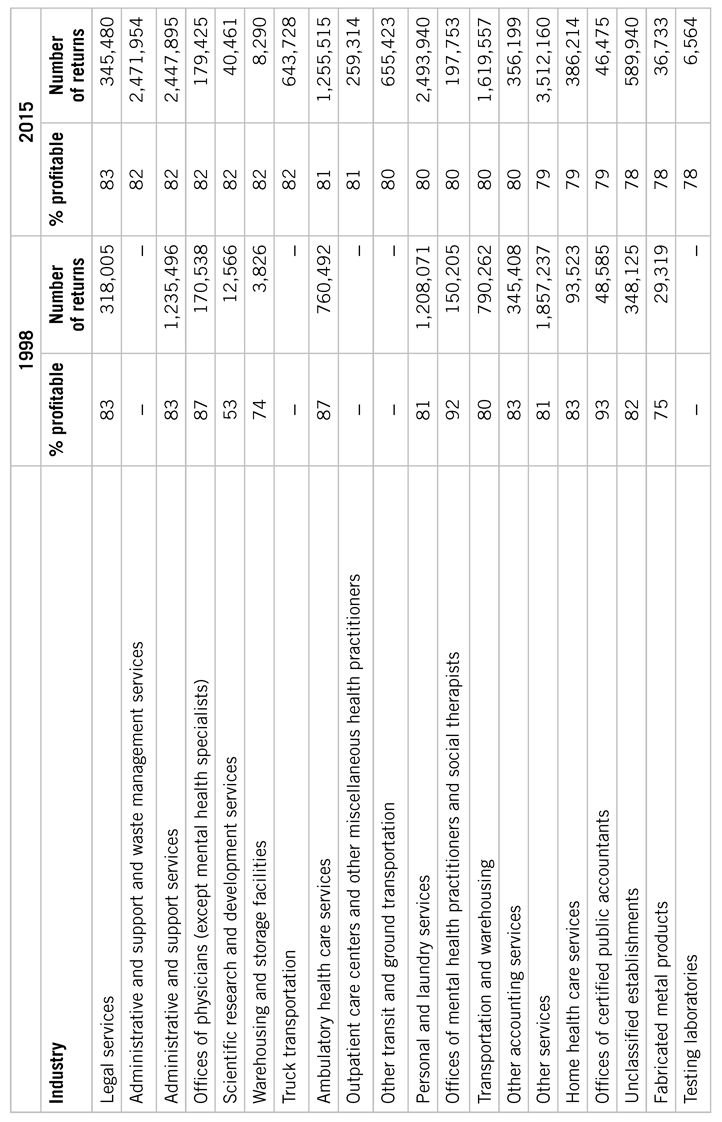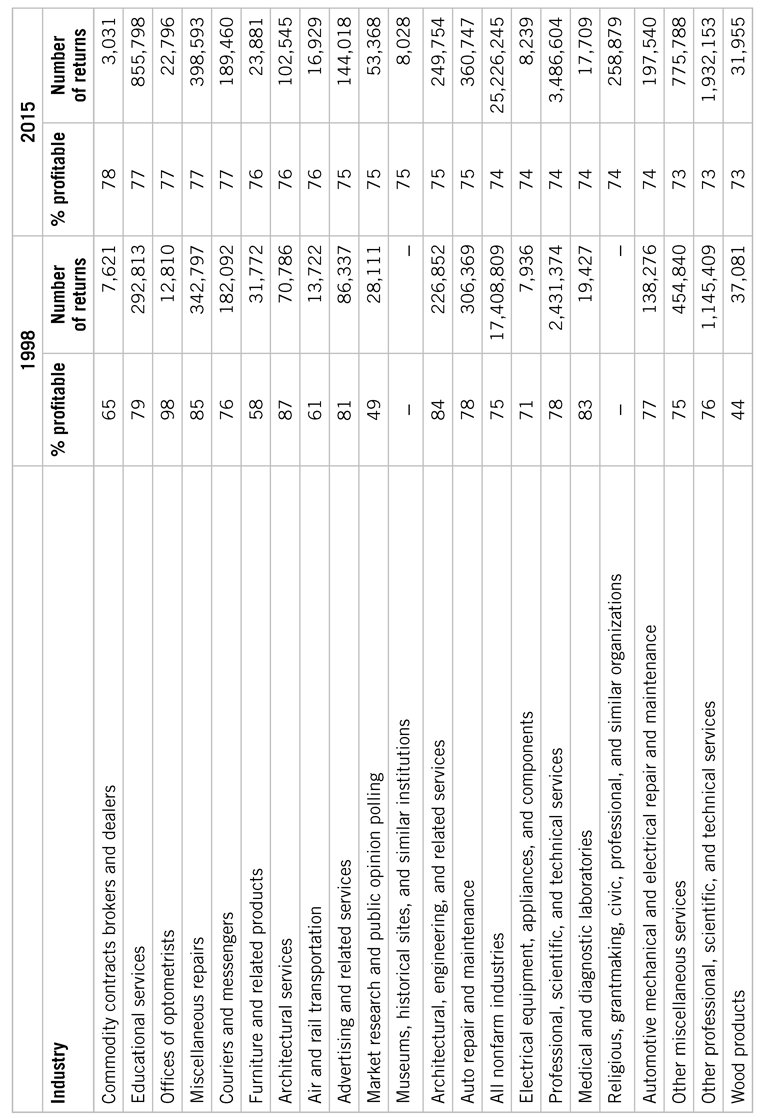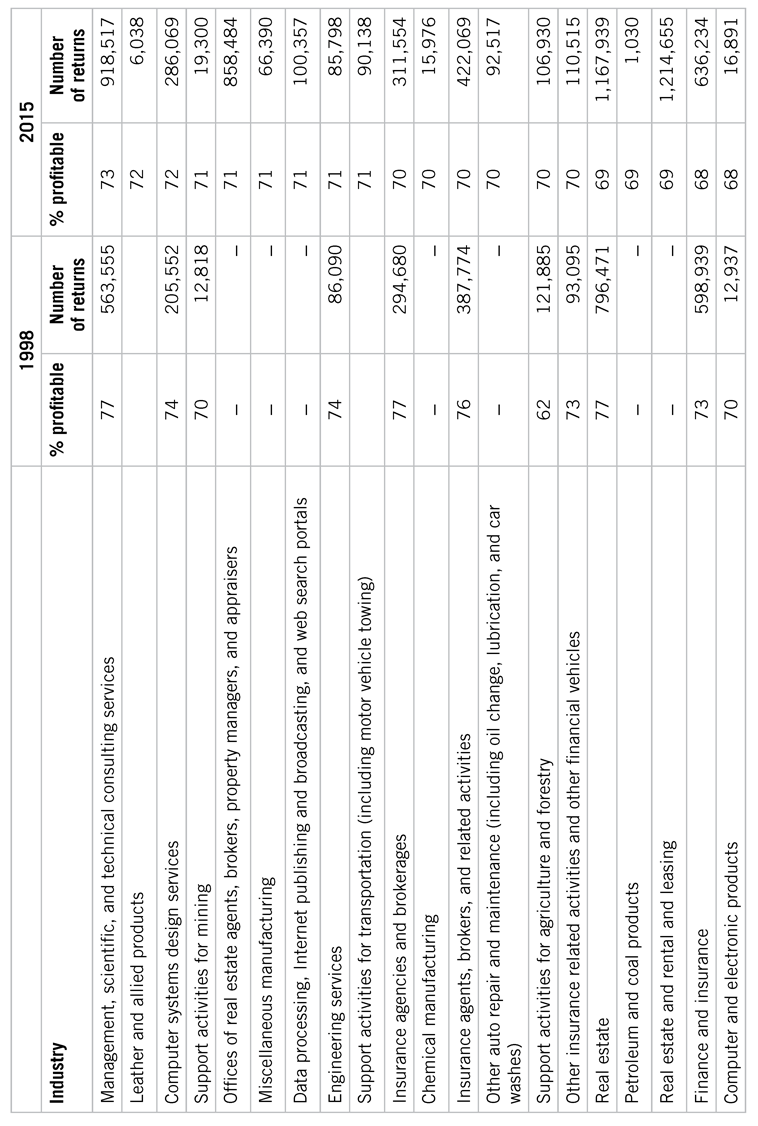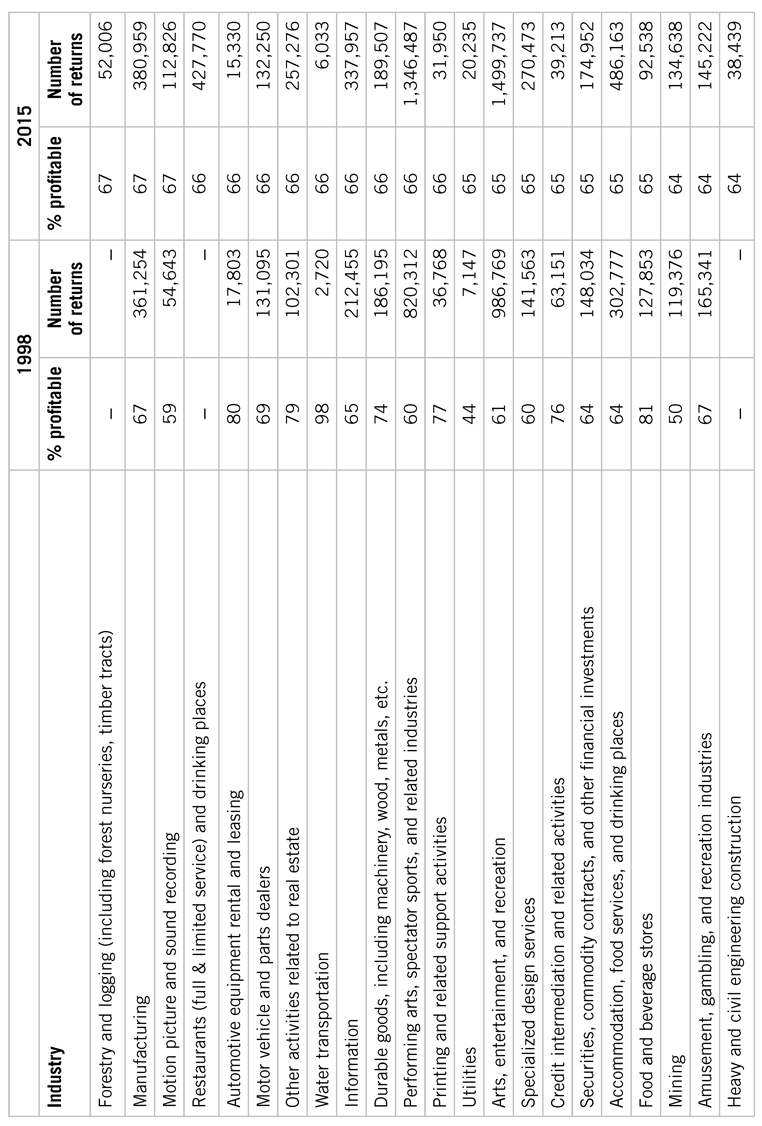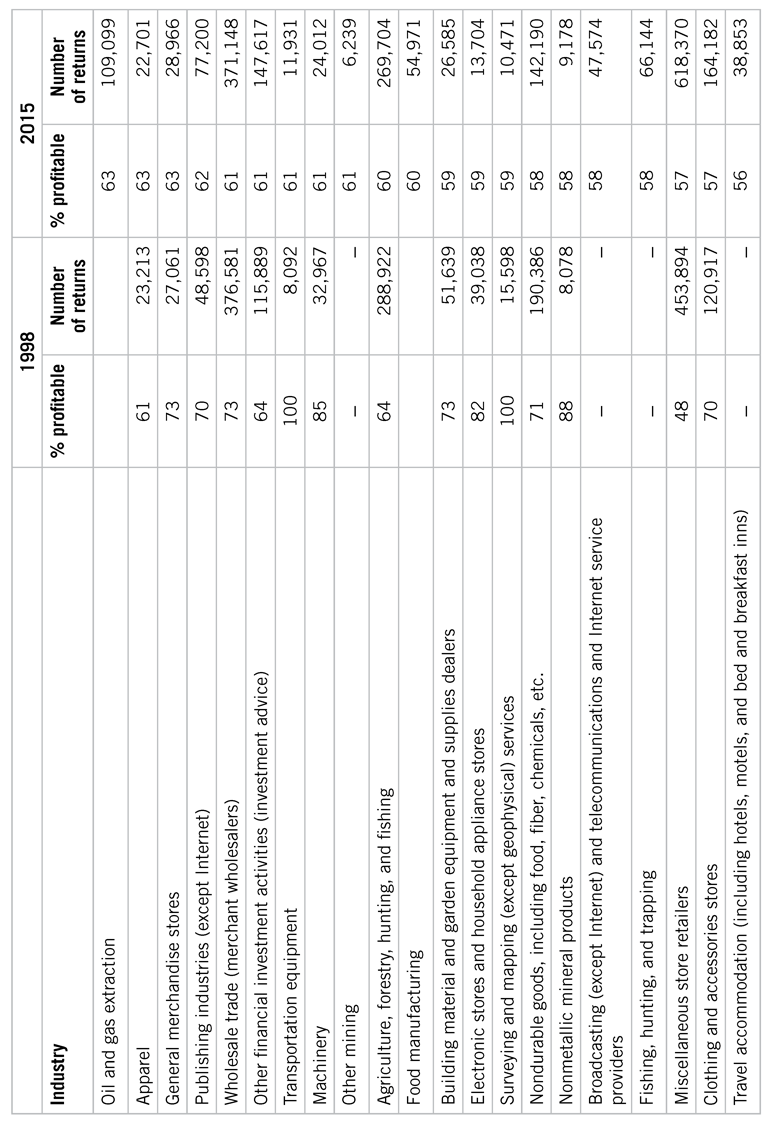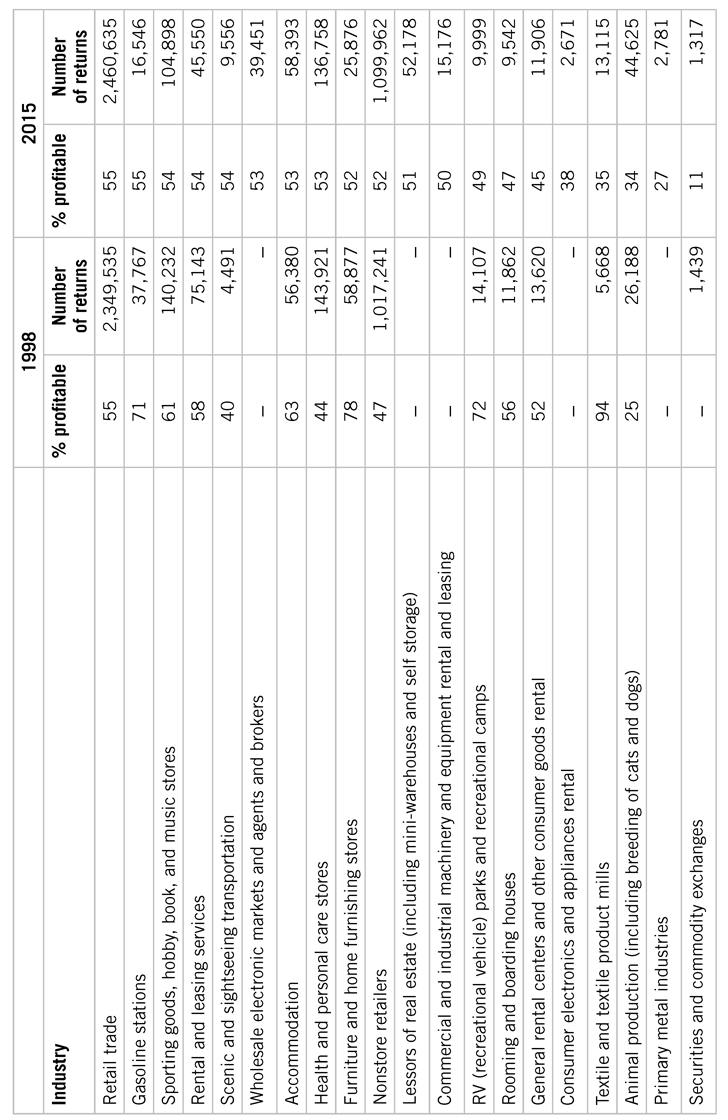Appendix A: Studies
Targeting by Neighborhood and Business Ownership Status
The millionaire study used in the majority of the tables and discussions in this book was conducted between April 2015 and January 2016. To identify this affluent sample, we used a commercially available residential and business-related database source. Specifically, we used a company that employed similar methodology to what was used to identify millionaire households in the past research studies (e.g., those in The Millionaire Next Door and The Millionaire Mind). That is, the identification of high-income and/or high-net-worth households relied on geocoding. We selected an Experian mosaic group, American Royalty, which represents approximately 0.73% of the population in the United States. from the IRS to rank all states by their estate tax returns. We undersampled households in the top seven states in terms of total amount of returns (20% of sample; states included were California, Florida, Illinois, New Jersey, New York, Pennsylvania, and Texas), and oversampled the remainder of the states (80% of the sample). We oversampled from states that had a smaller number of millionaires to ensure a broader cross section of Americans were included in the sample.
In addition to residential households, we included a subset of small business owners in the sample, utilizing the same company, utilizing the business owner options, and included job titles such as president, owner, chief executive officer, and founder.
In total, we selected 9,947 heads of households as well as 1,516 small business owners to include in the study.
We created a survey instrument that included questions about lifestyle, demographics, behaviors, and habits. Many of the same questions that were used in previous surveys (those that went into The Millionaire Next Door and The Millionaire Mind, for example) were included, along with new sections related to purchasing real estate and investing-related behaviors. A paper and online version of the survey instruments were created. The A. L. Burruss Institute of Public Service and Research at Kennesaw State University administered the survey (including mailing and collection) and entered data for the paper-based surveys. Multiple waves of data collection were conducted:
Wave 1: 5,000 heads of households were contacted via mail and asked to complete the survey in exchange for $1, and received a reminder to complete the survey approximately three to four weeks after the survey instrument was mailed. This wave resulted in 461 respondents for a response rate of 9.2%.
Wave 2: This wave of data collection included two samples of 500 heads of households that were either (a) mailed an introduction letter followed by a paper survey, or (b) mailed an introduction letter followed by a postcard asking them to complete an online survey, each with an incentive of $2. The response rates were 18.2% for paper version, 11.4% for web-based version. For this wave, 148 out of 1,000 heads of households contacted participated in the study.
Wave 3: The survey instrument was divided into two conditions to shorten its length, and participants in this wave were randomly assigned to either form A or B. This wave of data collection included 3,947 heads of households and 1,516 small business owners who were sent an introductory letter followed by a postcard inviting them to complete an online survey in exchange for $2. The response rates for this wave of data collection were 7.32% and 6.6% for heads of households (n = 289) and small business owners (n = 100), respectively.
A total of 998 responses were received in time to be included in our analyses. Overall, the response rate was 9%. Of the responses received, 164 were incomplete, leaving 834 responses. Out of the 834 responses, 669 were millionaires or decamillionaires.
Additional Studies
Just as in The Millionaire Next Door and other related works, additional samples and studies were included in this book in some cases. One of the main sources of additional data is described here. Using the same survey instrument as in the affluent sample mentioned above, we surveyed 528 individuals using a crowd-sourcing service (Amazons Mechanical Turk). Respondents were paid $2 in exchange for participation. To be eligible for participation, individuals had to have an annual pretax income of at least $25,000, had to be responsible or jointly so for financial management in their households, and had to be at least 25 years of age. This resulted in a mostly mass affluent sample, with an average age of 37.9, who were mostly male (53.5%), and had an estimated median income of $87,101.21. Nearly half of the sample (47.7%) had net worth below $200,000, while 44.2% of the sample had a net worth between $200,000 and $999,999.
Behaviors and Experiences Studies
The study of the predictive nature of past experiences and behaviors was examined using multiple studies between 2012 and 2017. These studies examined the usefulness of biodata-based measures of wealth accumulation with two different samples: Affluent Market Institute Research Panel members and two crowd sourced samples of mostly mass affluent Americans. Details of this research may be found in the Building Wealth Technical Report and the Financial Behaviors and Wealth Potential White Paper from DataPoints
Appendix C: Selected Job Titles of Moonlighting Mass Affluent Prodigious Accumulators of Wealth
Academic Advisor
Advertising Copywriter
Analyst
Assistant
Attorney
Auditor
Automation Engineer
Bookkeeper
Business Analyst
Business Owner
Business Owner-Operator
Business Owner/Agricultural Manager
Business Owner/Contractor
Business Program Director
Clergy
Consultant
Court Administrator
Data Entry
Daycare Provider
Digital Marketing Manager
Educational Advisor
Educator
Engineer
Entrepreneur
Farmer
Financial Analyst
Financial Manager
Food Scientist
Forklift Driver
Freelancer
Health Care Professional
High School History Teacher
Homemaker
Insurance Rep
Investor
IT
IT Manager
Landlord
Lecturer
Legal Writer
Lunch Supervisor
Maintenance Manager
Manager
Manager and Business Partner
Middle Manager
Nurse
Office Manager
Operations Manager
Paralegal
Personnel Clerk
Pharmacy Technician
Photographer
Physicist
Programmer
QA Director
Quality Manager
Realtor
Recreation Leader
Recruiter
Research Program Manager


